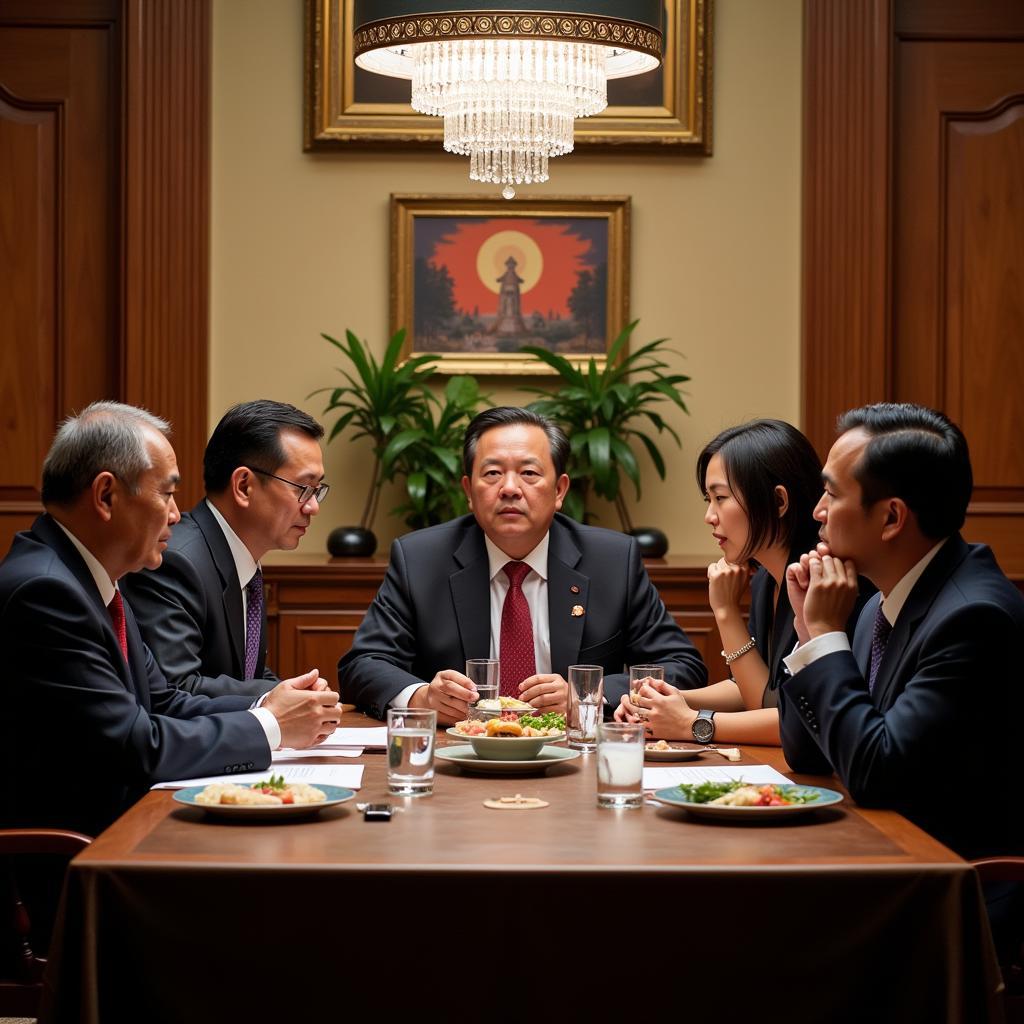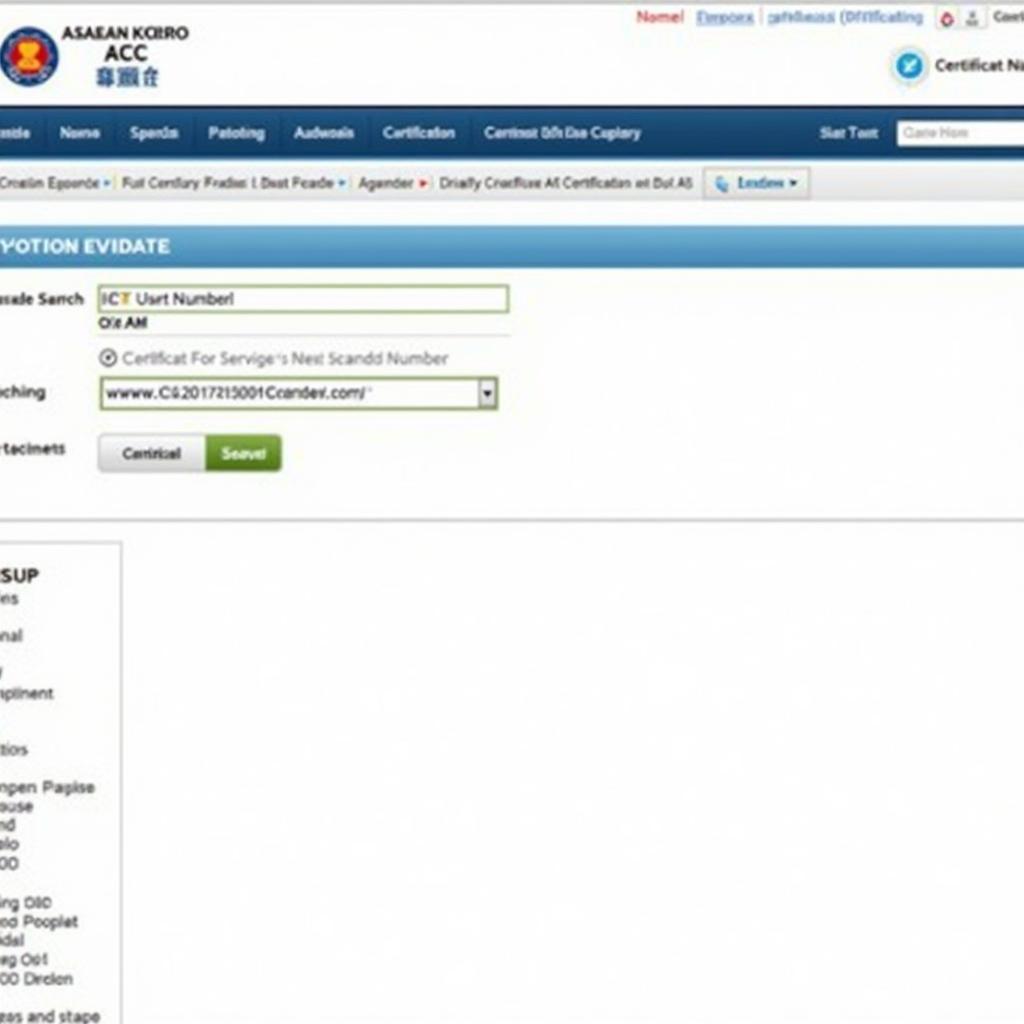Myanmar’s engagement with ASEAN has been a complex journey marked by both cooperation and controversy. Since joining the regional bloc in 1997, Myanmar, also known as Burma, has sought to integrate itself into the Southeast Asian community, benefiting from economic and political partnerships. However, its internal political dynamics have often posed challenges to its ASEAN membership and raised questions about the organization’s principles of non-interference and consensus-based decision-making.
ASEAN’s role in Myanmar has been a delicate balancing act, navigating between the need to engage with the country and upholding its core values. The organization has attempted to promote dialogue and facilitate peaceful solutions to internal conflicts, while also facing criticism for its perceived inaction or limited effectiveness in addressing human rights concerns. The relationship between ASEAN and Myanmar continues to evolve, shaped by both regional and international developments. This article delves into the complexities of this relationship, exploring the historical context, key challenges, and potential future directions. We will examine Myanmar’s participation in ASEAN initiatives, the impact of the 2021 coup, and the ongoing efforts to address the political crisis. You can learn more about the specific events surrounding Myanmar’s ASEAN chairmanship in 2014 at asean burma 2014.
Myanmar’s Path to ASEAN Membership
Myanmar’s journey to ASEAN membership began in the 1990s as the country transitioned from military rule to a more open political system. Joining ASEAN was seen as a way to gain international legitimacy, attract foreign investment, and integrate into the regional economy. However, the process was not without its hurdles. Concerns over human rights and the lack of democratic progress delayed Myanmar’s entry until 1997.
Early Years of Engagement
In its early years of ASEAN membership, Myanmar actively participated in various economic and social initiatives. The country benefited from regional trade agreements and development assistance, contributing to its economic growth. However, the continued presence of the military in politics and ongoing human rights abuses remained a point of contention. For further details, see myanmar asean.
Challenges and Controversies
The 2021 military coup in Myanmar presented a significant challenge to ASEAN. The overthrow of the democratically elected government led to widespread condemnation and calls for a return to civilian rule. ASEAN responded by issuing the Five-Point Consensus, calling for an immediate cessation of violence, dialogue among all parties, and the appointment of a special envoy. You can read more about this at asean 5-point consensus myanmar.
The Impact of the 2021 Coup
The coup had a profound impact on Myanmar’s relationship with ASEAN. The country’s membership was suspended, and its participation in high-level meetings was restricted. The crisis also highlighted the limitations of ASEAN’s non-interference principle and its ability to effectively address internal political disputes.
ASEAN’s Response and Ongoing Efforts
Despite the challenges, ASEAN continues to play a role in seeking a resolution to the crisis in Myanmar. The organization has appointed a special envoy and facilitated dialogue between the military junta and other stakeholders. However, progress has been slow, and the situation remains complex and volatile. More information about the 25th ASEAN Summit, held in Myanmar, can be found at 25th asean summit in myanmar.
What is the future of ASEAN’s involvement in Myanmar?
The future of ASEAN’s involvement in Myanmar remains uncertain. The organization faces the difficult task of balancing its commitment to non-interference with the need to address a serious political crisis. The effectiveness of ASEAN’s approach will depend on its ability to exert influence on the military junta and facilitate a meaningful dialogue that leads to a peaceful resolution.
Conclusion
Asean In Myanmar represents a complex and evolving relationship. While Myanmar has benefited from its ASEAN membership, its internal political challenges have tested the organization’s principles and mechanisms. The future trajectory of this relationship will depend on the ability of both Myanmar and ASEAN to navigate these complexities and work towards a more stable and democratic future for the country. It is vital that ASEAN continues to engage with Myanmar, promoting dialogue and seeking solutions that uphold human rights and democratic values. You can find more information about Myanmar’s role in ASEAN in 2014 on asean 2014.gov.mm.
 ASEAN leaders in a meeting discussing Myanmar
ASEAN leaders in a meeting discussing Myanmar
FAQ
- When did Myanmar join ASEAN? (1997)
- What is the Five-Point Consensus? (ASEAN’s plan to address the 2021 Myanmar coup)
- What is ASEAN’s role in Myanmar? (Promoting dialogue and seeking peaceful solutions)
- What are the main challenges in the ASEAN-Myanmar relationship? (Political instability and human rights concerns)
- How has the 2021 coup impacted Myanmar’s ASEAN membership? (Suspension and restricted participation)
- What is the future of ASEAN’s involvement in Myanmar? (Uncertain, dependent on dialogue and progress towards a resolution)
- What are some key resources for understanding ASEAN-Myanmar relations? (ASEAN website, news outlets, academic journals)
Need assistance? Contact us 24/7:
Phone: 0369020373
Email: aseanmediadirectory@gmail.com
Address: Thon Ngoc Lien, Hiep Hoa, Bac Giang, Vietnam.
